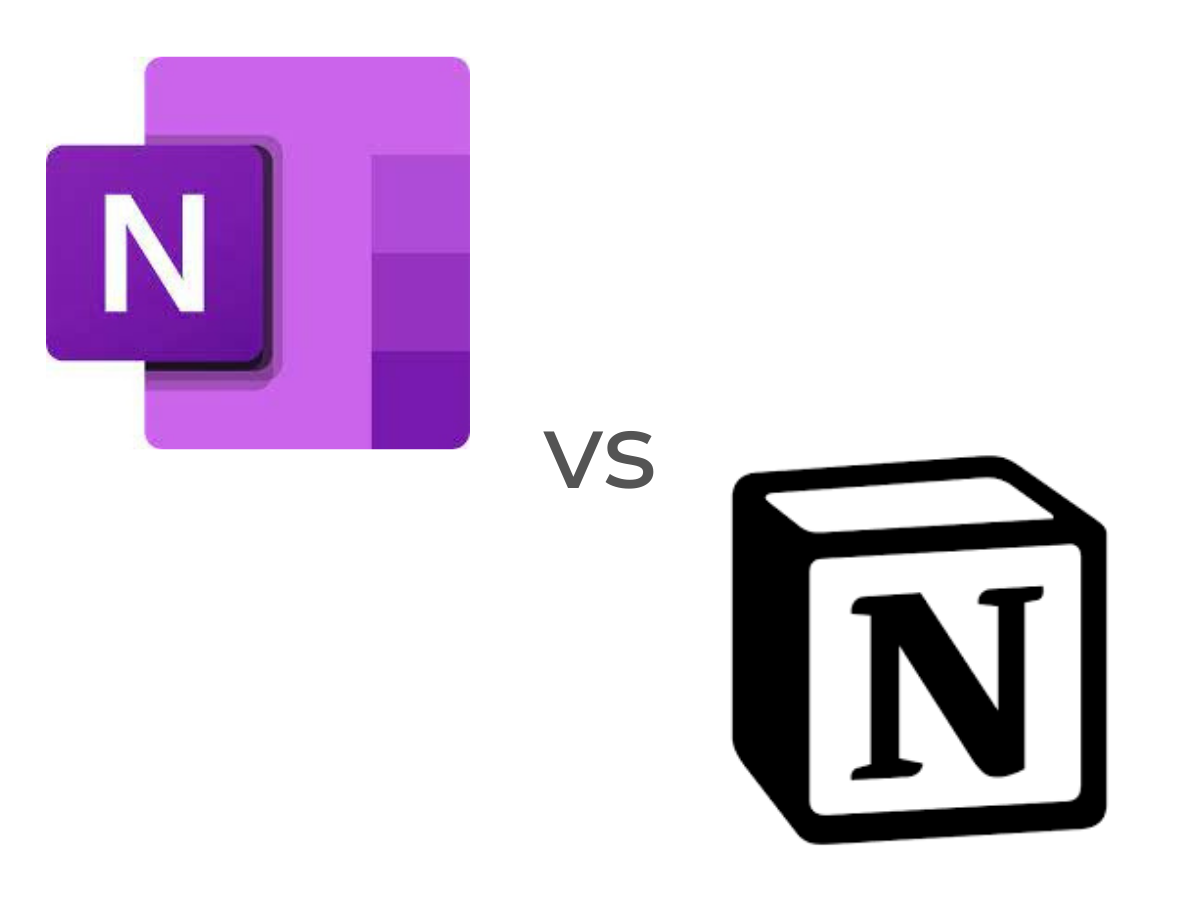
Concept and OneNote are 2 leading digital note-taking applications that reach use job and project management capabilities. Both applications can assist you catch concepts, arrange details, and track jobs. While they have some resemblances, there are some crucial distinctions. In this short article, we highlight each software application’s pros, cons, standout functions, and rates. We likewise share some tips to help you pick between Notion and OneNote.
Dive to:
Idea
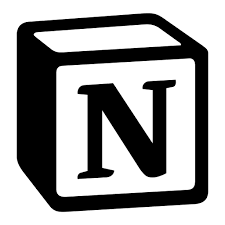 < img src=" https://www.techrepublic.com/wp-content/uploads/2023/07/tr72123-notion1note-Figure-A.png "alt ="The Idea logo."width="150 "height="150 "/ > Image: Idea is a note-taking and productivity application that provides practical tools for task tracking and job management. It is a fairly new application; nevertheless, it has actually rapidly established itself as one of the very best software in its item classification. The crucial selling point of Idea is that it offers an all-in-one service for note-taking, to-do lists, and project management. You can discover more in our full Notion evaluation.
< img src=" https://www.techrepublic.com/wp-content/uploads/2023/07/tr72123-notion1note-Figure-A.png "alt ="The Idea logo."width="150 "height="150 "/ > Image: Idea is a note-taking and productivity application that provides practical tools for task tracking and job management. It is a fairly new application; nevertheless, it has actually rapidly established itself as one of the very best software in its item classification. The crucial selling point of Idea is that it offers an all-in-one service for note-taking, to-do lists, and project management. You can discover more in our full Notion evaluation.
OneNote
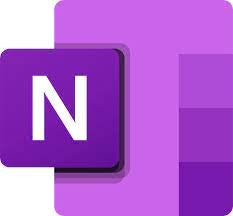 < img src="https://www.techrepublic.com/wp-content/uploads/2023/07/tr72123-notion1note-Figure-B.jpg" alt="OneNote logo design."width ="150"height="139"/ > Image: OneNote is a note-taking and job management option. It belongs to the Microsoft 365 Suite. It comes preinstalled in the latest edition of Windows and can also be utilized as a standalone application. OneNote is created to use multi-user collaboration and details event. While OneNote has a generous free strategy, you will require a Microsoft 365 membership to open the advanced functions. You can find out more in our OneNote insider’s guide.
< img src="https://www.techrepublic.com/wp-content/uploads/2023/07/tr72123-notion1note-Figure-B.jpg" alt="OneNote logo design."width ="150"height="139"/ > Image: OneNote is a note-taking and job management option. It belongs to the Microsoft 365 Suite. It comes preinstalled in the latest edition of Windows and can also be utilized as a standalone application. OneNote is created to use multi-user collaboration and details event. While OneNote has a generous free strategy, you will require a Microsoft 365 membership to open the advanced functions. You can find out more in our OneNote insider’s guide.
Concept vs. OneNote: Comparison table
| Functions | Concept | OneNote |
|---|---|---|
| Job management | Yes | Yes |
| Note-taking tools | Yes | Yes |
| Pre-built design templates | Yes | Limited |
| Gantt charts | No | No |
| Optical character acknowledgment (OCR) | No | Yes |
| Mobile app | iOS and Android | iOS and Android |
| Free trial | 7 to 90 days depending upon the plan | Thirty days |
| Free version | Offered | Offered |
| Beginning price for paid strategies | $8 per user each month | $6 per user each month |
| Check out Concept | Visit OneNote |
Notion and OneNote pricing
Idea pricing
Free
The free strategy offers endless blocks for people but limited blocks for groups. You get to invite as much as 10 visitors and have access to seven-day page history. In addition, users get standard page analytics, a collaborative workspace and a couple of fundamental integrations.
Plus
The Plus strategy, formerly called the Team strategy, is priced at $8 per user each month, billed every year, or $10 per user billed month-to-month. You unlock endless blocks for teams, can welcome approximately 100 guests and access to 30-day page history.
More project management protection
Business
The Business plan is priced at $15 per user monthly, billed annually, or $18 per user billed monthly. You get everything in the Plus plan plus extra visitors, longer page history, advanced page analytics, bulk data export and personal group areas.
Enterprise
The Business plan has tailored pricing. For the features, you get whatever in business plan plus user provisioning (SCIM), custom visitor limitations, audit logs, a dedicated success manager and a number of other sophisticated job management tools.
OneNote prices
OneNote is readily available as a component of Microsoft Workplace Suite or Microsoft 365, which is its subscription-based model. Along with OneNote, you will get access to other Microsoft applications, consisting of Publisher and Calendar. Here are a number of Microsoft paid strategies readily available to access OneNote:
Free strategy
OneNote provides a generous free strategy with 5 GB of cloud storage shared throughout other Microsoft applications. The free plan is perfect for teams that need basic functionality, such as note-taking, group collaboration, multimedia support, and a search feature.
House plans
Microsoft 365 provides 2 house plans: Personal and Household. The Personal strategy is priced at $6.99 per month or $69.99 each year. The Household strategy is priced at $9.99 each month or $99.99 annually.
As the name suggests, the Personal strategy just enables one user and is created for private use. The Family plan enables 6 users.
Company plans
You have four alternatives for Business strategies: Basic, Standard, Premium, or Apps for Business. The basic plan is priced at $6 per user each month with a yearly subscription. You get access to fundamental applications such as Word and Excel.
With the Requirement strategy, the cost is $12,50 per user each month with a yearly subscription. You get all the apps in the basic plan plus Publisher and Access applications.
With the Premium plan, the price is $22 per user per month with an annual subscription. You get advanced security tools and information control. In addition, you get access to Azure Info Security and Intune applications.
The Apps for Service plan is priced at $8.25 per month with a yearly subscription. This strategy offers desktop variations of Microsoft 365 applications.
Feature comparison: Notion vs. OneNote
Note-taking
Both software application have exceptional note-taking abilities, consisting of various note-taking alternatives such as audio and web clippings. While OneNote uses much better free-form note-taking (Figure A), Notion provides a much better structure for easier partnership. A crucial advantage of OneNote is its OCR capabilities, which permit it to check out text from images. This implies that when you submit documents with images with OneNote, it can check out the text in the images to produce an editable and searchable file.
Figure A
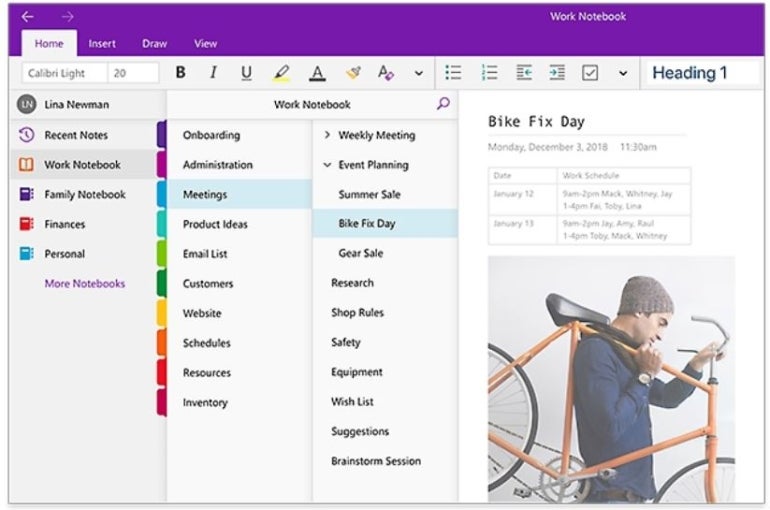 Note-taking user interface of OneNote. Pre-built design templates Idea provides a more extensive series of pre-built design templates(Figure B)to assist teams start. This consists of templates for task roadmaps and lists. You likewise get the alternative of producing, customizing, and sharing your templates from scratch. OneNote offers fundamental design templates and likewise allows users to develop their templates; however, this function in OneNote is substantially minimal compared to Concept.
Note-taking user interface of OneNote. Pre-built design templates Idea provides a more extensive series of pre-built design templates(Figure B)to assist teams start. This consists of templates for task roadmaps and lists. You likewise get the alternative of producing, customizing, and sharing your templates from scratch. OneNote offers fundamental design templates and likewise allows users to develop their templates; however, this function in OneNote is substantially minimal compared to Concept.
Figure B
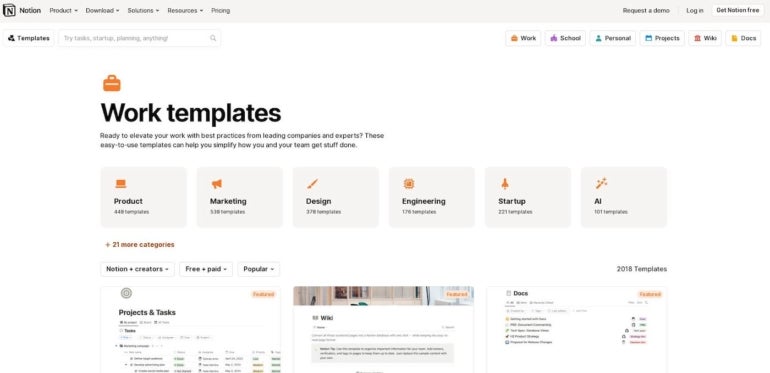 Concept provides a vast array of design templates. Job management While both software application offer good capabilities for task management, Notion provides a wide variety of job management tools, consisting of kanban boards, project tracking, and multiple task views. OneNote appropriates for basic task management, such as creating job lists, setting suggestions, and assigning jobs. Bear in mind that both Notion and OneNote are missing some core task management functions, such as Gantt battery chargers and workflow automation. If that is what you require, check our evaluation of the finest task management software.
Concept provides a vast array of design templates. Job management While both software application offer good capabilities for task management, Notion provides a wide variety of job management tools, consisting of kanban boards, project tracking, and multiple task views. OneNote appropriates for basic task management, such as creating job lists, setting suggestions, and assigning jobs. Bear in mind that both Notion and OneNote are missing some core task management functions, such as Gantt battery chargers and workflow automation. If that is what you require, check our evaluation of the finest task management software.
Understanding base and finding out content
With Notion, you get a more detailed knowledge base and discovering center. This includes routine webinars and numerous helpful posts. There is likewise a vibrant neighborhood online forum that supplies peer-to-peer support.
Microsoft uses a dedicated assistance area for the OneNote app with user manuals, tutorials, and guides. There is likewise a neighborhood forum for fundamental troubleshooting support. Nevertheless, OneNote does not use the very same level of understanding base and discovering content as Idea.
Security
Within OneNote, you can safeguard particular areas (Figure C) of your notes with a password. This helps keep your information protect when you are sharing notes with others. The section that is safeguarded will not appear in any searches. Idea does not provide the tools to password-protect particular areas of your notes. However, it does allow you to pick who can access different files.
Figure C
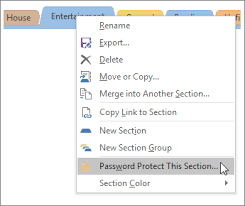
OneNote offers more thorough password defense tools. Notion
Cons of Notion
- Restricted security functions.
- No scanning or OCR tools.
OneNote pros and cons
Pros of OneNote
- Generous totally free version.
- Smooth combination with other Microsoft applications.
- Capability to extract text from images.
- Quick and easy to remember.
Cons of OneNote
- Restricted sharing choices.
- Interface feels clunky.
- Limited data export options.
Approach
For our review of Idea vs. OneNote, we took a look at a number of aspects of each software. We analyzed the software application’s interface, including its layout, ease of navigation, and overall visual appeal. The security features, scalability, advanced tools, and prices structure were likewise included in our analysis of each software application. To gather a more thorough understanding of each software we likewise reviewed customer reviews and skilled reviews from reputed sources.
Should your company use Idea or OneNote?
If you require a fundamental note-taking service, then either software application would work for you. OneNote is perfect for people such as freelancers, students, or specialists that require a versatile note-taking app. However, if you require an individual efficiency platform or sophisticated task or task management tools, then Idea is a better choice. If you are currently a heavy Microsoft user, you might discover that OneNote fits better in your work ecosystem. Ultimately, the choice to utilize Idea, OneNote, or another application depends upon your specific needs and top priorities.




